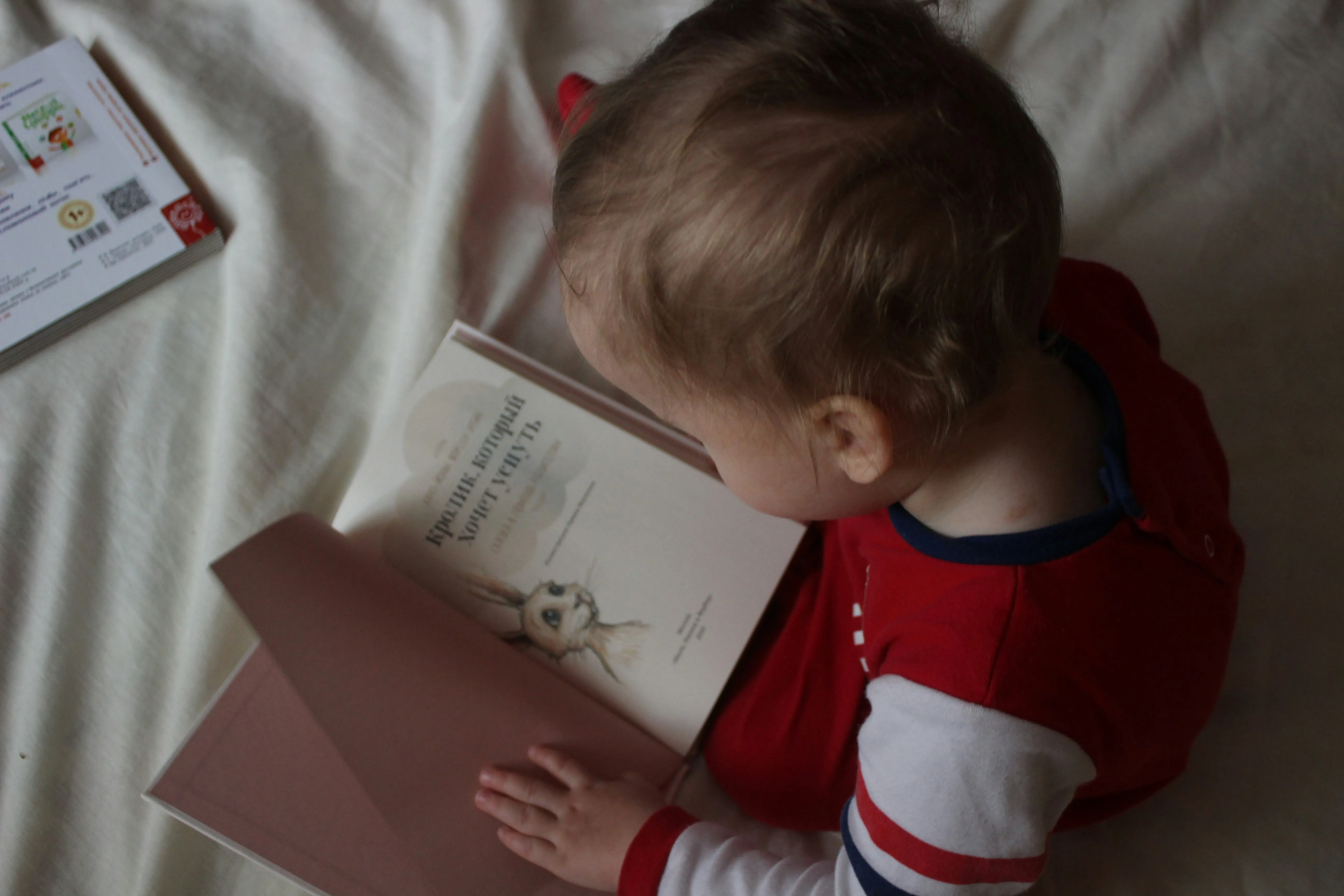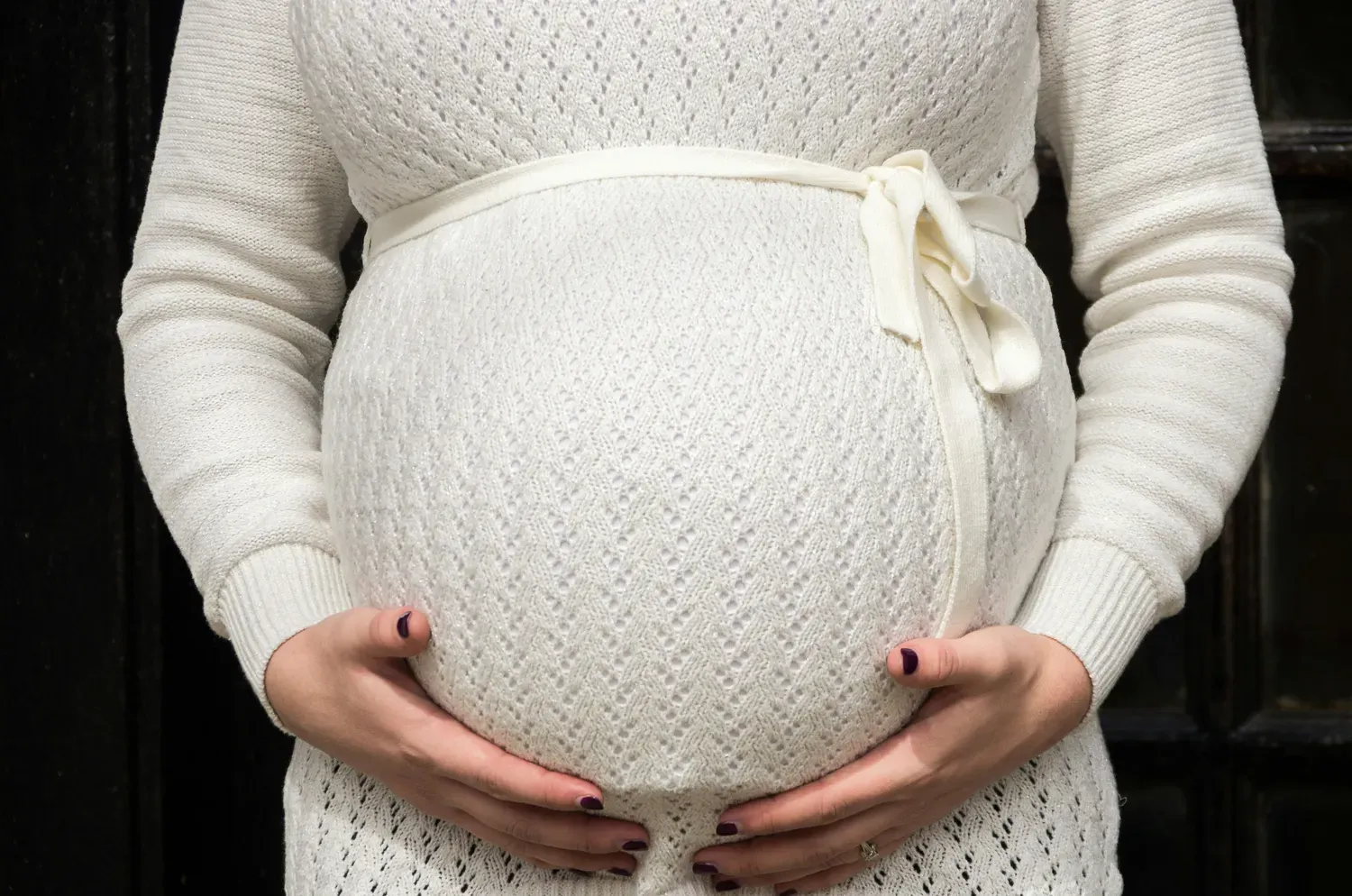Baby's First Poop: Meconium Demystified
Meconium: A New Parent First
During the first few days with your little one, there's so much to take in and learn.

One of the first things you'll notice is your baby's first poop, which is called meconium.
Meconium /mɪˈkoʊniəm/: thick, dark green fecal material that accumulates in a baby's intestines before birth and is typically passed as the first bowel movement after delivery. A tar-like substance that forms the newborn's first poop.[6]
Meconium is like a thick, sticky, greenish-black paste that's been gathering in your baby's intestines during pregnancy. It's made up of amniotic fluid, mucus, and all the other stuff your baby has been ingesting while in your tummy.[2]
Most little ones pass meconium within the first day or two after birth.[2] It's a good sign that their little digestive system is working as it should. As your baby starts feeding, the meconium will change into a more typical baby poop.

While this is all perfectly normal, there is one time when meconium can cause some issues: MAS.
Meconium Aspiration Syndrome (MAS)
Sometimes, a baby might pass meconium before birth, and it can mix with the amniotic fluid. If your baby breathes in this meconium-stained fluid, it can lead to a condition known as Meconium Aspiration Syndrome (MAS).[1]
Things To Be Aware Of
If your baby has MAS, you might notice things like:
- A bluish skin colour (cyanosis)
- Grunting sounds while breathing
- Fast breathing or difficulty breathing
- A lack of muscle tone or limpness[1]
If your healthcare provider thinks your baby might have MAS, they might need to suction your baby's airways and provide some extra oxygen or other treatments.[1][2]
Most babies get better from MAS within a few days with the right treatment, but severe cases can lead to long-term issues like chronic lung disease or, although it's rare, brain damage or cerebral palsy.[1][4]
What to Look Out For
As a new mom, it's important to keep an eye on your baby's poop and let your pediatrician know if you're worried about anything.
Here's what you should be watching for:
- If your baby hasn't passed meconium within 48 hours after birth, let your pediatrician know.[2]
- After the first meconium poop, your baby's poop should start to look more yellowish-green as they start feeding.[3]
- Get medical help if you see any unusual poop colours, like white, red, or black - this could be a sign that something's not right.[3]
Conclusion
Remember, every baby is different, and their poop can vary in how often it comes and what it looks like. If your baby is feeding well, gaining weight, and seems happy, there's usually nothing to worry about.
If you have any questions or are worried about your baby's meconium or pooping habits, don't hesitate to talk to your pediatrician. They are here to help you and make sure your little one is healthy and happy during this exciting time.[1][2][3][4]

Related Articles:
Citations:
- [1] https://www.aboutkidshealth.ca/meconium-and-meconium-related-conditions
- [2] https://www.merckmanuals.com/en-ca/home/children-s-health-issues/lung-and-breathing-problems-in-newborns/meconium-aspiration-syndrome
- [3] https://cps.ca/en/tools-outils
- [4] https://www.omama.com/en/labour-and-birth/meconium.asp
- [5] https://kidshealth.org/en/parents/meconium.html
- [6] https://www.betterhealth.vic.gov.au/health/servicesandsupport/medical-terms-and-definitions-during-pregnancy-and-birth






































































































































